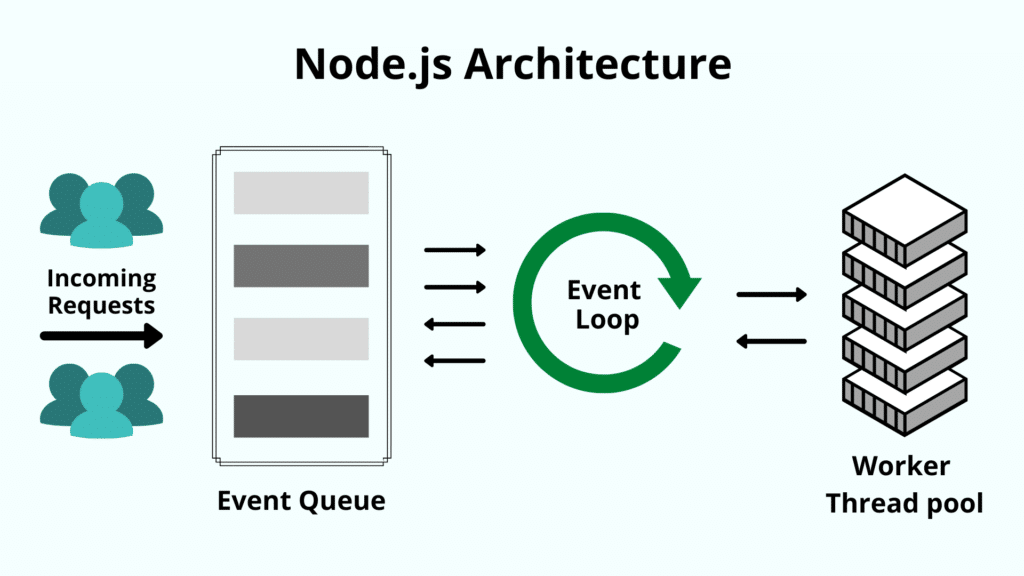Improve your career options by learning NODE JS Development. Master Web Development and build your first website today.
Looking for the best Node JS training institute in Rajkot? At WebCare Infoway, we provide industry-focused Node JS training in Rajkot designed for beginners and professionals alike. Our Node JS course in Rajkot covers everything from the basics to advanced topics to make you job-ready.
Whether you're a student, fresher, or IT professional, our Node JS training in Rajkot will help you master backend development using JavaScript.

WebCare Infoway is one of the best Node JS training institutes in Rajkot offering hands-on learning and placement support.
Yes, we offer a certification on successful completion of the Node JS course in Rajkot.
Basic knowledge of JavaScript is recommended to join our Node JS training in Rajkot, but not mandatory.
Yes, we provide 100% job assistance for all students enrolling in our Node JS training in Rajkot.
The Node JS course in Rajkot typically spans 2-3 months with flexible timing options.